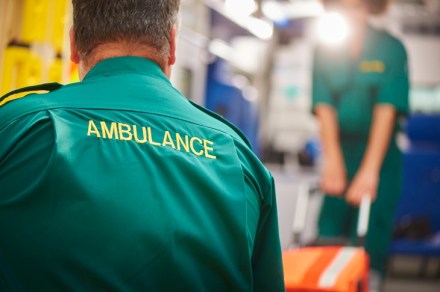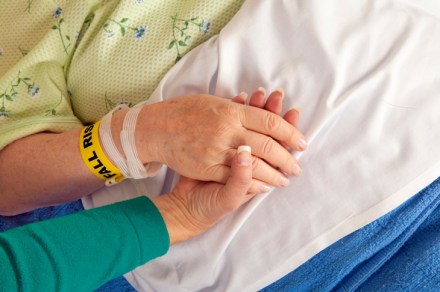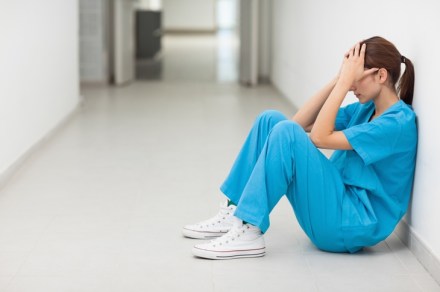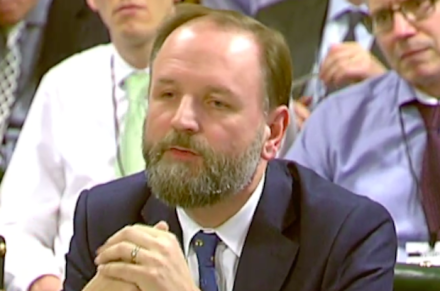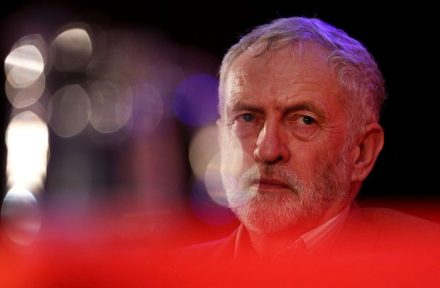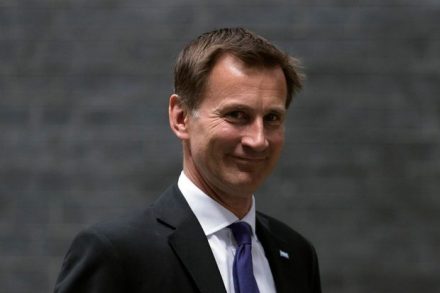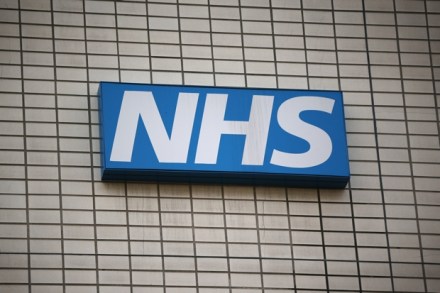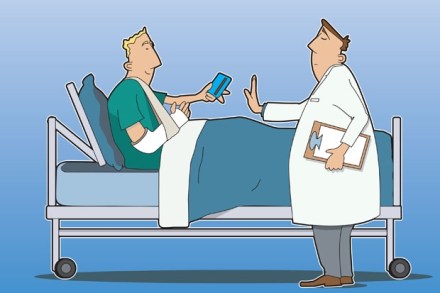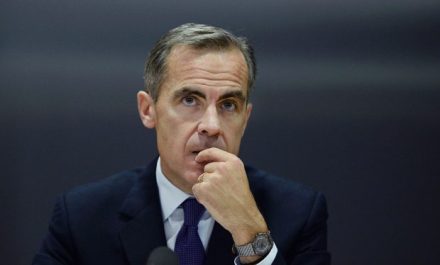Why wouldn’t our NHS saints help a dying man?
We all think pretty highly of ourselves these days, free from old-fashioned ideas about sin. We’re good people. And yet… I read in a letter in a local newspaper recently a description of an event in the writer’s own home which shows that we might also be becoming monsters. The letter-writer, Jane, was a lady in her late fifties who cared at home for a husband, Fred, with terminal brain cancer. As Jane’s letter explained, Fred had fallen recently on to the bathroom floor, and as she was unable to lift him, she telephoned for help. Seven medics arrived and rushed to the scene. All seven then stalled. Though Fred
